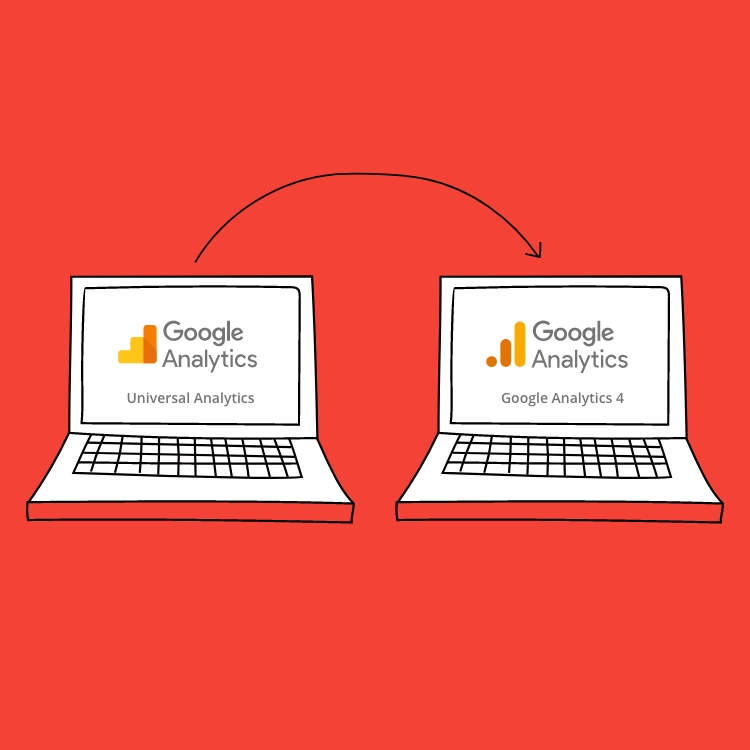The world is far more connected than in past years, due to the growth of social media and the severity of the Covid-19 pandemic.
As a result, customers expect businesses to be more personable and involved than ever before. Essentially, creating brand transparency can mean the difference between a company’s success and failure.
Around a decade ago, it was acceptable for businesses to retain a few secrets from their customers, such as how items are obtained and their environmental impact, however, this secrecy is no longer viable in today’s society.
Giving your customers total access to every stage of your brand journey is key to developing a real relationship with them. We take a look at what brand transparency really means and the significance it has on businesses today.
What does brand transparency mean?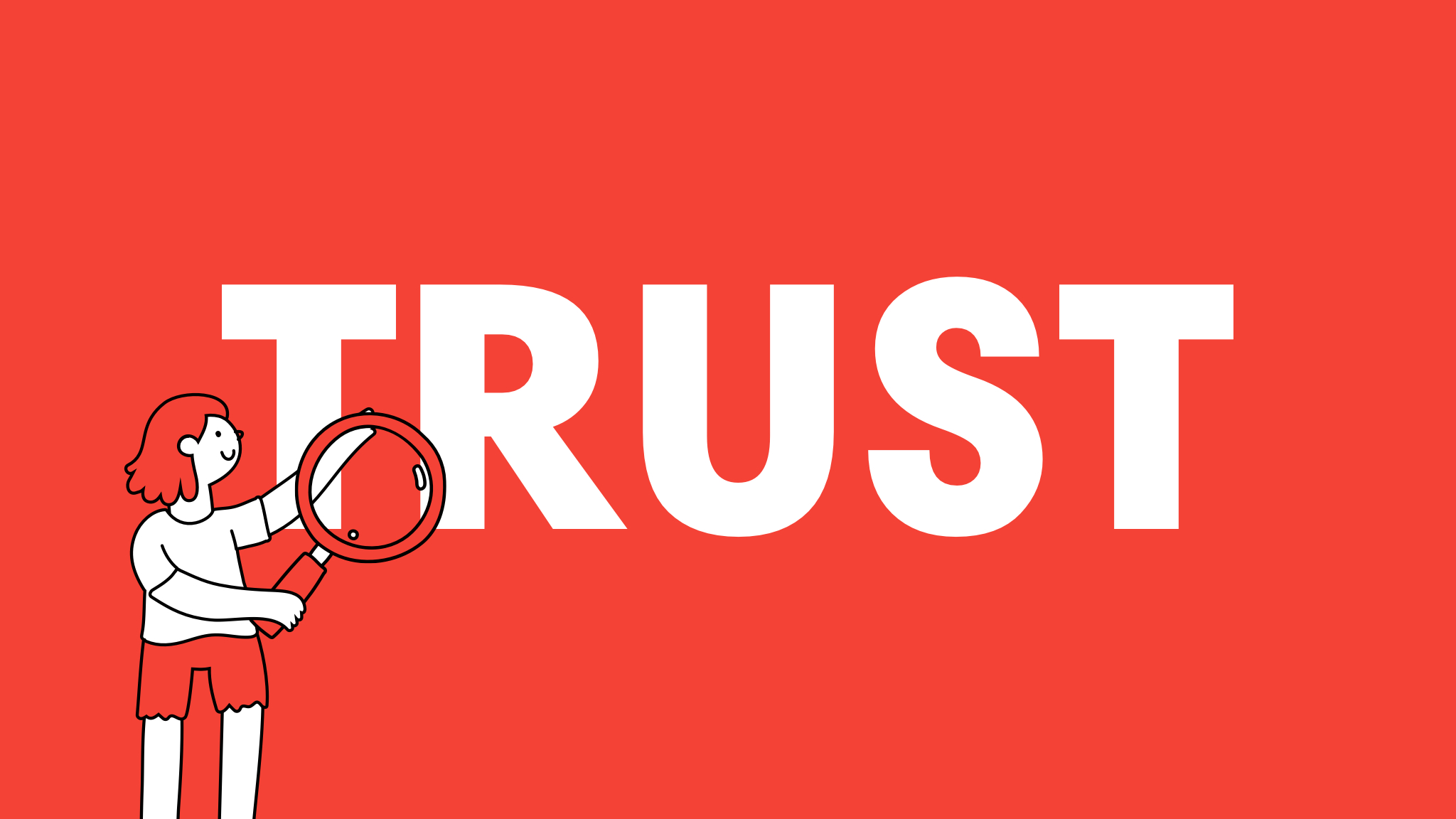
Many companies are familiar with the term brand transparency but fail to put it into practice. Simply put, transparency is maintaining open, honest, and accessible conversations and connections with internal and external stakeholders. Essentially, it transforms clarity into customers when it’s done right.
It’s important to note that brand transparency isn’t the polar opposite of brand dishonesty, rather, it’s about being honest and confident in your business enough to discuss with your customers the aspects of your business that many fail to disclose, such as making mistakes. It is one of the most effective methods for gaining your customer’s trust and loyalty.
Why does brand transparency matter?
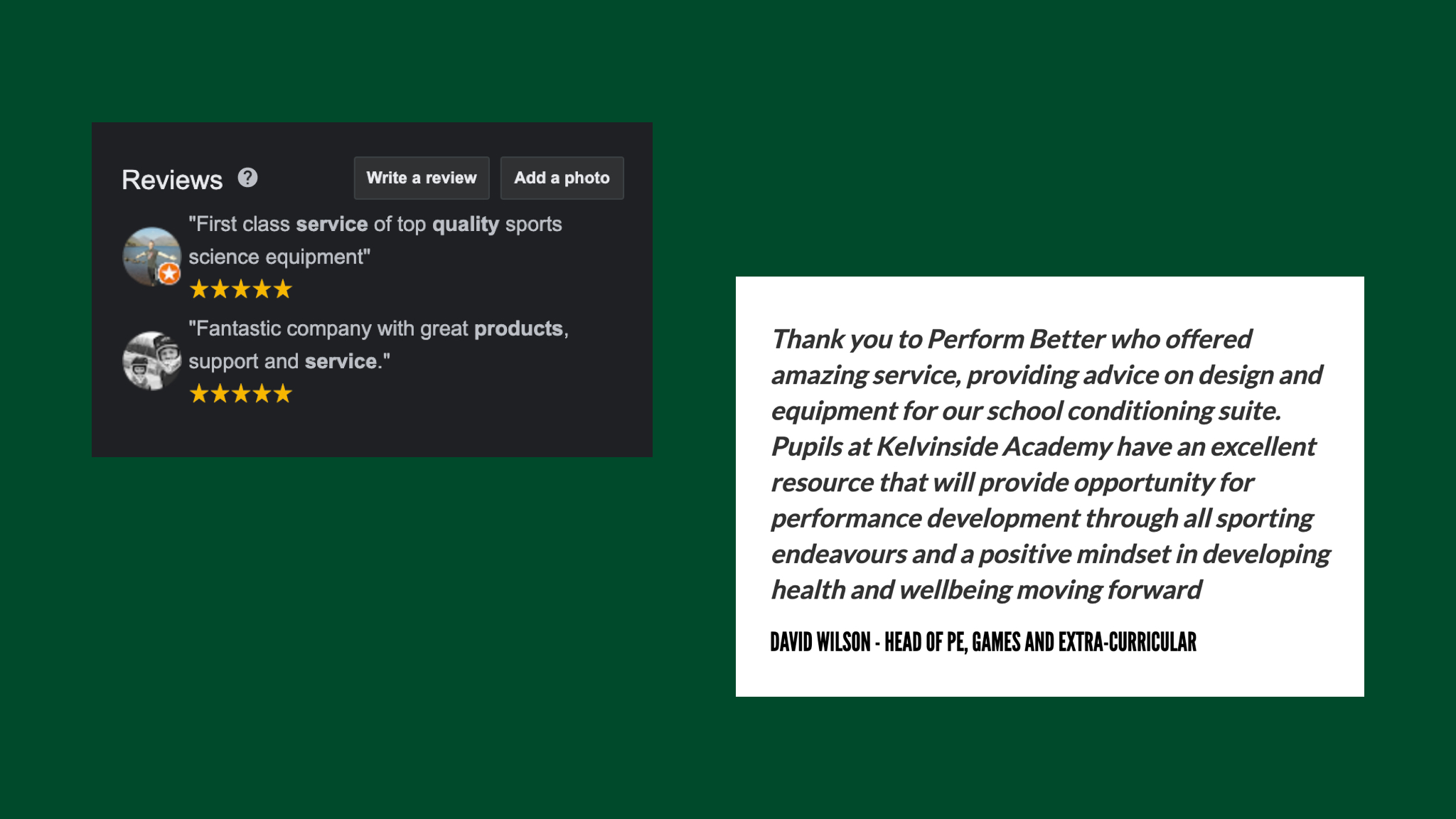
With the fallout of the Covid-19 outbreak and the rise in conscious consumers, many companies are put under pressure to be transparent about their operations.
Many consumers are interested in learning more about your products than just what’s in them. When searching for brand transparency, they’re looking for specific details on your suppliers, production process, business social responsibility, and so on. They will look for information elsewhere if you refuse to share those facts, and they may find something you’ve chosen not to reveal. Worse, they can taint your brand with negativity.
A 2016 study by Label Insight found that more than half of consumers consider additional information to be important when they’re choosing a brand. What’s more, is that 70% of these also claimed to spend more on a product that offers complete transparency and will devote more time to finding out more about the businesses they’re buying from.
This can cover anything from avoiding half-truths, communicating with customers, being honest and available, and including real testimonials on a website – even the negative ones.
Additionally, increasing the human element of your brand builds trust with the consumer, and therefore encourages loyalty to help boost sales in return.
How to build brand transparency
To achieve brand transparency, your business must be viewed as trustworthy, respectful, and genuine. Authentic brands inspire us and make us feel emotionally involved in their success and as a result, we buy their product or service even if there are cheaper alternatives. Authentic companies have a higher level of brand loyalty and are generally more profitable.
There are several actions a company can take to promote brand transparency, but it’s important to remember that this is an ongoing process that requires consistent work to maintain.
Increase your communication – Brand transparency is achieved when every piece of communication is honest, authentic, and plain, whether it’s an internal memo, a blog post, or a product description. Even small factors such as introducing the team on your website, for example. Avoid using stock photos of employees and use images of your real staff instead. Communication can also be increased on social media with 81% of people believing social media has increased the accountability for businesses. It is possibly the most transparent platform available today, so using it allows for direct connection between a brand and its customers to be proactive in providing relevant, valuable information, and responding to questions and feedback.
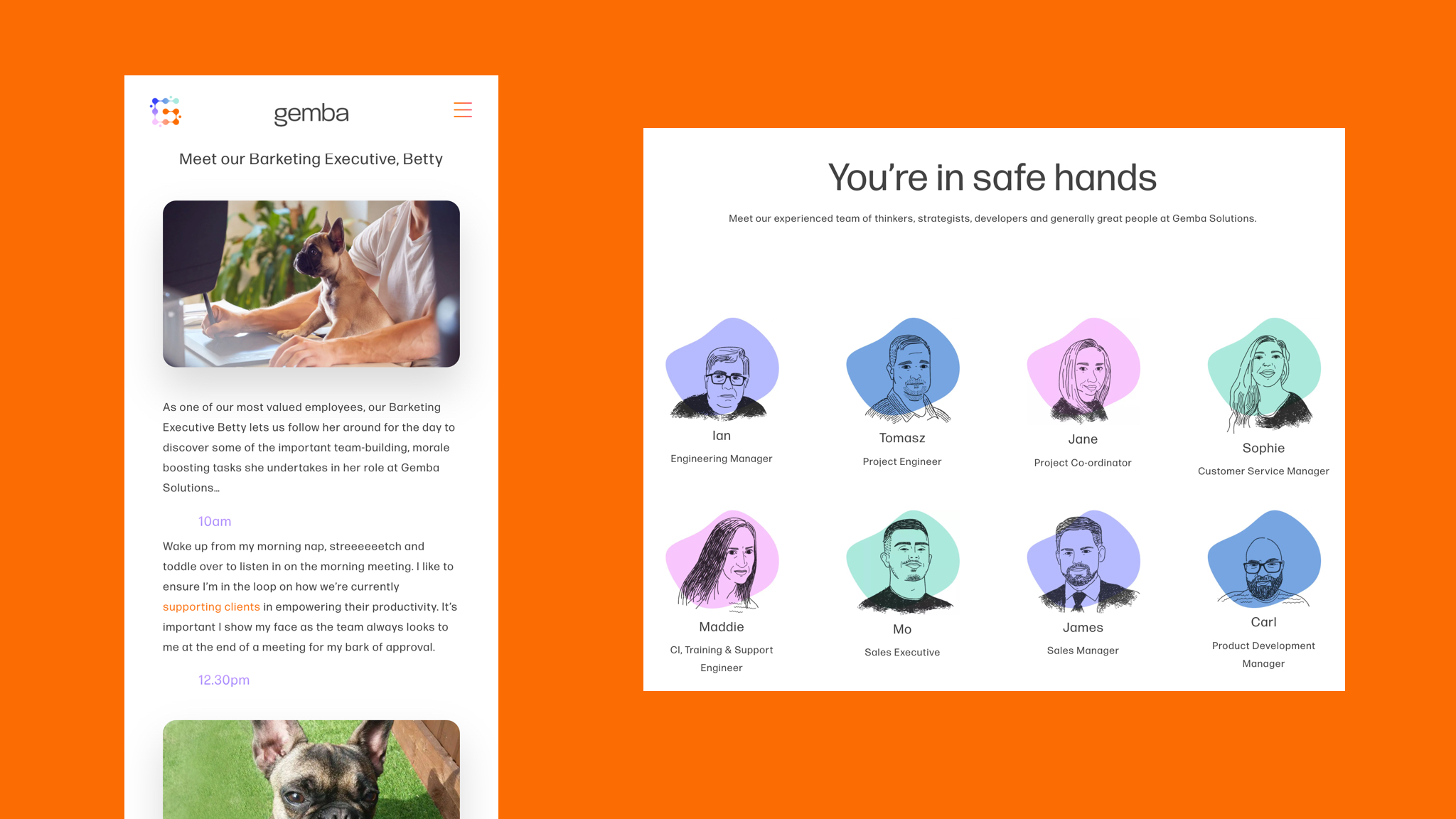
Be honest about pricing to build trust – One of the most significant elements of the marketing mix is the price. Customers want to know why they’re being asked to pay a given price, even if this isn’t the only contributing factor in their buying decisions. Some brands justify a higher cost by offering excellent customer service or exceptional quality, so think realistically about what you offer and what you’d be willing to pay for it yourself.
Provide insights into production – Consumers are becoming increasingly interested in a company’s behind-the-scenes operations. Many businesses, for example, are already leveraging sites like TikTok and Instagram reels to show this footage to their followers. Provide an overview of where you get your supplies, what you do to make your development process environmentally friendly, as well as tiny details like how you package orders. Customers will be able to see that they are purchasing from a socially responsible business as a result of this and will become more invested in your brand.
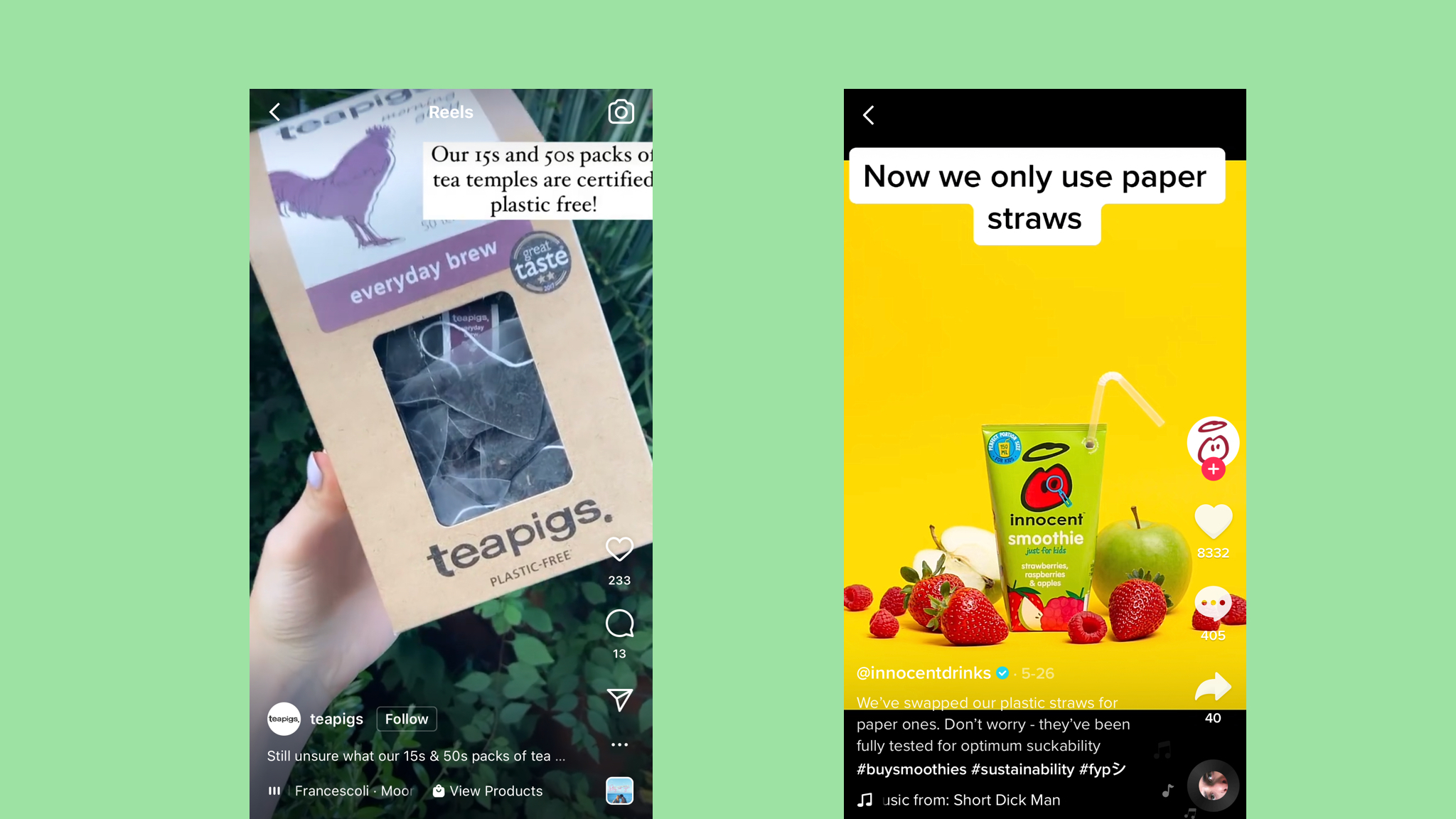
Develop real human connections – It’s becoming clear that the majority of customer decisions are made primarily on emotion rather than rationality. Even if your product is cheaper, better quality, or more environmentally conscious, your customer will still choose another company if they feel more comfortable with them. The right level of brand openness helps you to reveal your business’ human side, which your customers can relate to. Brand transparency demonstrates your values, vision, and the people behind your brand who are working to make your mission a reality, resulting in an emotional connection with your audience.
An example of strong brand transparency is Dove. Back in 2004, Dove made the move from just a soap brand to a transparent company with a vision. Dove has been able to shift its image to one of a brand that genuinely celebrates women’s empowerment and wants to influence the discourse around beauty with its self-esteem project. Dove’s commitment to redefining the advertising industry’s restrictive definition of beauty has given the brand more credibility in its marketing campaigns.
Aspiring to big-house names like Dove can spark inspiration for your own business to become more transparent.
Branding that matters
At Rawww, we can help transform your branding with our broad range of services and skilled team of professionals. Whether you’re creating, evolving, or refreshing a brand, you’ll want to ensure it stands out from competitors and accurately represents your business, whilst still promoting your core values to your customers.
More often than not, higher levels of honesty within your business are associated with higher levels of achievement. The more your customers know about you, your accomplishments, and your setbacks, the greater their bond with your brand will blossom.
Whether you want to learn more about brand transparency, require a brand refresh, or just want some advice, get in touch with us and let us leverage your business.

